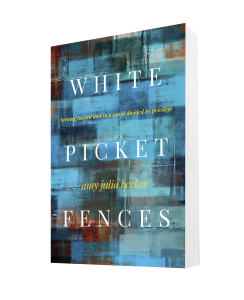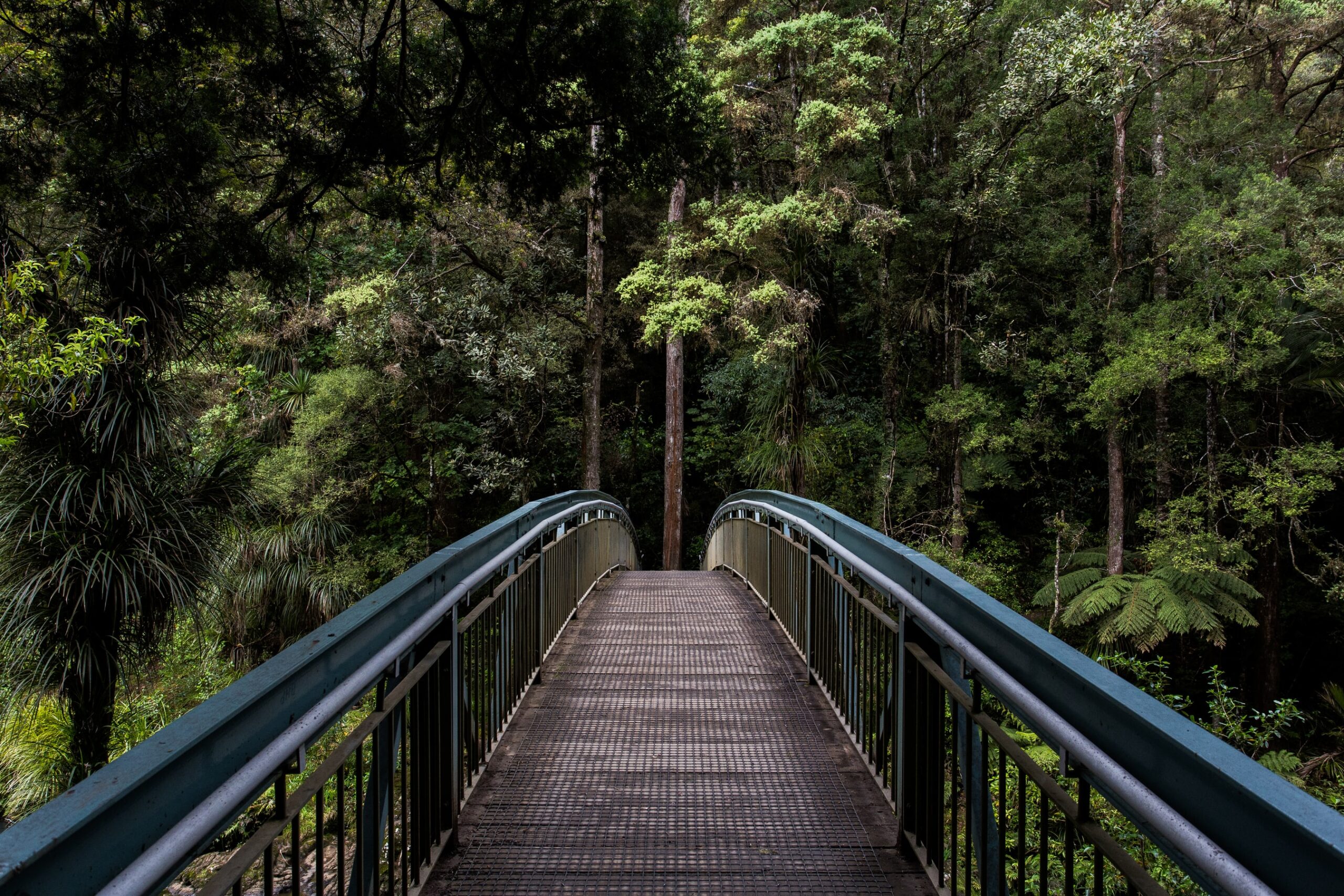This post originally appeared on the author’s blog at AmyJuliaBecker.com.
For people like me—for people who are white and live in affluence and stability—stories like that of George Floyd are easy to ignore. In the past, I have told myself that it is voyeuristic to enter into a story about a man who lived far away in a context I won’t ever know personally. I have told myself that there are countless tragedies and moments of injustice that occur around the globe every day, and I just cannot get involved. I have told myself that there is nothing I can do.
We can choose to not look away, not walk away, but to stay.
Tweet
The truth is that I can’t do much, as an isolated individual, to bring healing to this situation or to change the circumstances that led to George Floyd’s death. And I can’t pretend to understand or experience the pain his family feels or even the pain and fear and anger my African-American friends feel every time yet another story comes out about a terribly similar injustice.
I cannot heal the wounds of social divisions. I cannot repair hatred. I cannot reverse time and restore the lives of Eric Garner or Tamir Rice or Freddie Gray or George Floyd or the many other beloved human beings who have died in similar ways. But I also refuse to continue to make excuses for the distance I keep in my heart. And I refuse to continue to look away.
Present in Suffering
I believe in a God named Emmanuel, God-with-us. I believe this same God who came to live with us and to suffer with us, gives us this same capacity to love one another.
I can enter into this suffering. I can extend compassion, which at its root means to suffer with.
Tweet
One of the most powerful gifts we can give one another in a time of suffering is the gift of presence. When we cannot fix, cannot cure, cannot change the circumstances. When we feel helpless and hopeless and powerless. When we want to make everything right and nothing is right. We can still choose to be present in suffering. We can choose to not look away, not walk away, but to stay.
I did not know George Floyd or his family. But I know that my African-American friends are hurting and grieving today. I know they are tired and angry and scared. I know that many of them have felt abandoned by many of us who call ourselves their “brothers and sisters.”
By naming the injustice of this reality, the grievous injustice—I can participate in this suffering. I can pray for repair. Pray for what Austin Channing Brown calls “the shadow of hope.” Pray for healing. I can learn to listen, to lament, and to love.
Companions in Suffering
There are no quick fixes for injustice. And for those of us who do not live out the daily experiences of injustice and the heartbreak it brings, it is easy to turn our faces away precisely because of how powerless we feel in the face of historic and systemic problems. We are called instead to offer ourselves as companions in the suffering, to be present to the pain, to touch the powerlessness and hopelessness and despair, and to hold fast to the power of love to rectify, to bless, and to heal.
Resources
To read further with Amy Julia in learning how to be present:
- Five First Steps toward Participating in Racial Healing at AmyJuliaBecker.com
- White Picket Fences by Amy Julia Becker at NavPress.com



